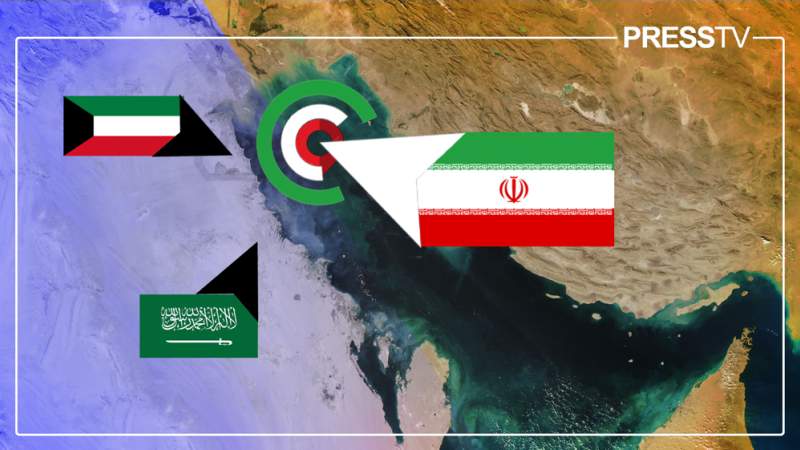Dialogue, Not Repetitive Claims, Way out of Iran, Kuwait, Saudi Gas Field Row

News - Middle East: By Alireza Hashemi In recent months, a long-running territorial dispute over a strategically located gas field shared between Iran, Kuwait and Saudi Arabia has resurfaced with the two Arab parties claiming “exclusive rights” over it.
The dispute over the Arash gas field, known as Dorra in Kuwait and Saudi Arabia, has since the 1960s seen several cycles of claims and counter-claims by the parties involved, becoming a key sticking point in relations between the three Persian Gulf neighbors.
The latest cycle began in 2022 when Saudi Arabia and Kuwait signed an agreement to jointly develop the field, ignoring Iran’s calls for dialogue to settle the dispute and demarcate the border.
Since last month, Kuwaiti and Saudi officials have repeated the claims of having “exclusive rights” to the maritime gas field, with Iran reminding the two parties of their legal responsibilities.
It started with the Kuwaiti foreign ministry reiterating what it termed “exclusive rights” over the gas field, followed by a similar statement from the Saudi foreign ministry.
Kuwaiti oil minister Saad Al Barrak, in his remarks to Al-Ekhbariya, said his country won’t wait for a demarcation deal with Iran and will go ahead with “drilling and production” at the gas field.
On Thursday, the Saudi foreign ministry issued another statement that the kingdom and Kuwait jointly own exclusive rights to natural resources in the Arash/Dorra field.
In response, on Monday, Iran’s foreign ministry spokesman Nasser Kan’ani urged Kuwait and Saudi Arabia to avoid publicizing disagreements over the field, calling the practice “unhelpful.”
Kan’ani warned that Iran won’t stand idle if there is no desire on the part of other sides for shared exploration of the field, adding that it will pursue its own rights and interests in the field.
His remarks came a day after Iran’s oil minister Javad Owji said the country will certainly pursue its “rights and interests” if Kuwait and Saudi Arabia “do not show a desire for cooperation.”
Decades-long dispute
The Persian Gulf field was discovered by a Japanese firm in 1967. At the time, Iran granted the Anglo-Iranian Oil Company, the forerunner to British Petroleum, the right to exploit the field, while Kuwait granted its share of rights to Royal Dutch Shell.
Those concessions overlapped in the northern part of the field, and negotiations at that time failed to produce any breakthrough.
Iran in 2001 deployed drilling equipment to the field, after Kuwait and Saudi Arabia signed an agreement without Iran. But Tehran and Kuwait City both suspended their projects after a while.
Last year, after Kuwait and Saudi Arabia signed a deal, Iran termed it ‘illegal’, arguing it was against a previous agreement that the development of the field requires coordination between all three countries. An official even vowed that Tehran will resume the drilling work that was halted in 2001.
Source: Press TV
#Iran #Saudi_Arabia #Kuwait About 1 year-
12:29
Head of the Social Affairs Department of the General Mobilization, Ali al-Mutamayyaz: Our people's honorable actions reflect the fruits of the Quranic project of the Martyred Leader
12:28
Al-Rahwi: We are fully prepared to defend our country
12:28
Al-Rahwi: We've proven our military capabilities, and we stand ready to respond to any escalation in Gaza and Palestine
12:28
Al-Rahwi: With Allah's help, we can achieve what others see as impossible
12:26
Prime Minister Ahmed Ghaleb al-Rahwi: We commemorate the Martyred Leader who sacrificed for the return to the true path of Islam





